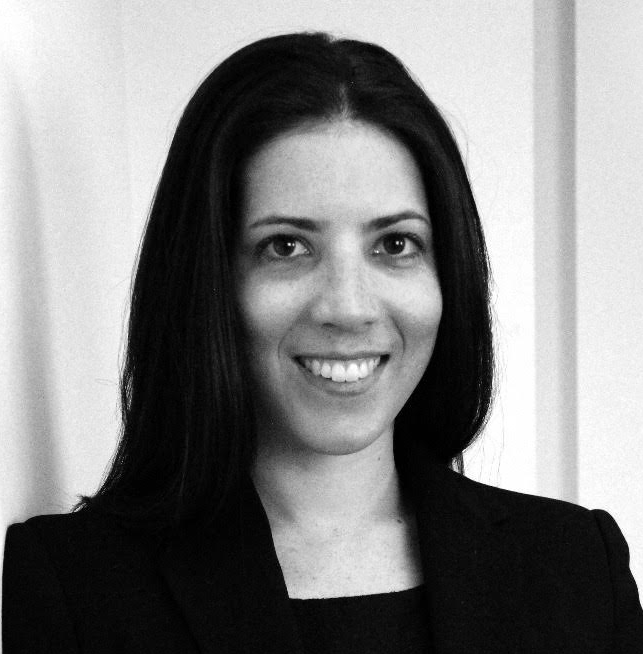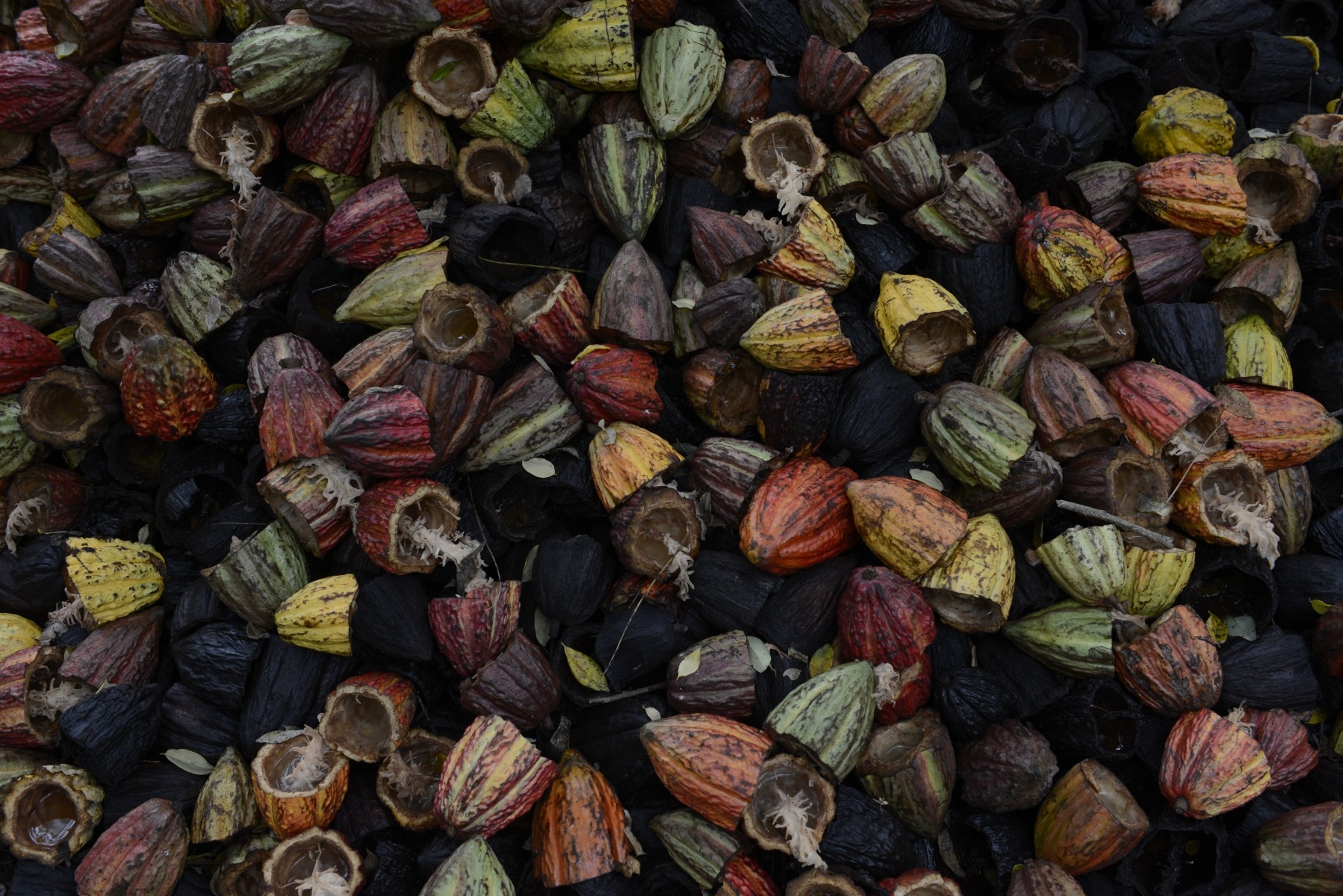
The Blended Finance Taskforce’s “Better Finance, Better Food” shows how transforming food and land use systems could unlock $4.5 trillion in new business opportunities every year.
To get there, we need to rapidly replicate and scale what is already working, explains Diletta Giuliani.
As the Food and Land Use Coalition’s ‘Growing Better‘ report made clear, there are major inefficiencies in the way food and land use systems are financed. Current practices typically fail to price in the hidden costs of climate-related financial, social and environmental risk.
Nature-positive and regenerative business models are crucial to tackling global warming, protecting species against extinction, creating jobs and building social and economic resilience to future shocks. But they are still in their infancy. The challenge is to get to scale.
Transitioning to a more sustainable food and land use system will therefore require capital to be reallocated from the “old” food and land use economy into the new one – with over $300bn new investment needed every year. The good news is that such investment could generate $4.5 trillion annually in new economic opportunities by 2030.
We know why this matters. But – until now – there has been little information on how to attract and invest this type of capital.
The Blended Finance Taskforce is therefore launching “Better Finance, Better Food” to help tackle this gap. Building on its work with the Food and Land Use Coalition, “Better Finance, Better Food” showcases over 50 new business models and financial solutions which are mobilising capital for sustainable food and land use assets. This case study catalogue therefore demonstrates a broad range of investable opportunities and confirms that innovative partnerships are needed to get capital flowing at scale.
As part of the “Better Finance, Better Food” launch, the Blended Finance Taskforce will also kick-off an open-source campaign to collect over 500 additional case studies of nature-positive business models and financial solutions that support more sustainable and inclusive economies which protect people and planet. Please email [email protected] with any suggestions.
Banner image: Chris de Bode for Panos Pictures/Food and Land Use Coalition

